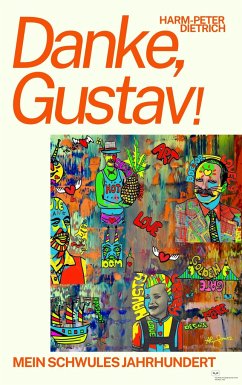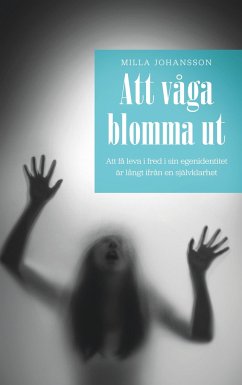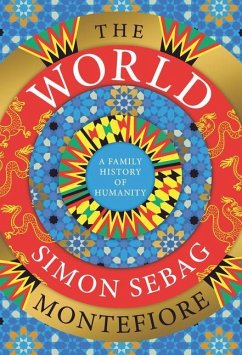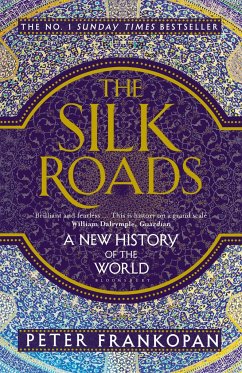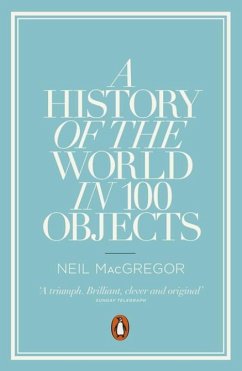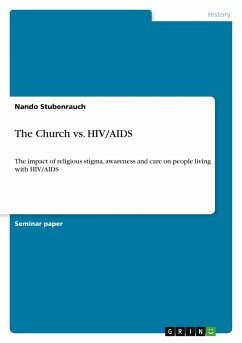
The Church vs. HIV/AIDS
The impact of religious stigma, awareness and care on people living with HIV/AIDS
Versandkostenfrei!
Versandfertig in 1-2 Wochen
16,95 €
inkl. MwSt.

PAYBACK Punkte
0 °P sammeln!
Seminar paper from the year 2024 in the subject World History - General and Comparison, grade: 1,3, University of Potsdam (Historisches Institut), course: Global Histories of HIV/AIDS, language: English, abstract: Religious institutions have long played a central role in public health, providing both care and moral guidance. However, their relationship with the HIV/AIDS epidemic is deeply complex. This paper explores the dual nature of religion's influence on HIV/AIDS prevention, care, and awareness. On one hand, religious stigma and conservative views on sexuality have fueled discrimination, ...
Seminar paper from the year 2024 in the subject World History - General and Comparison, grade: 1,3, University of Potsdam (Historisches Institut), course: Global Histories of HIV/AIDS, language: English, abstract: Religious institutions have long played a central role in public health, providing both care and moral guidance. However, their relationship with the HIV/AIDS epidemic is deeply complex. This paper explores the dual nature of religion's influence on HIV/AIDS prevention, care, and awareness. On one hand, religious stigma and conservative views on sexuality have fueled discrimination, misinformation, and barriers to effective prevention strategies. On the other, faith-based organizations have provided crucial infrastructure, advocacy, and emotional support for people living with HIV/AIDS (PLWHA), especially in regions with limited governmental resources. Through an analysis of historical and contemporary case studies, this paper examines how religious communities shape narratives around HIV/AIDS-sometimes reinforcing harmful stereotypes, but also fostering solidarity and care. It highlights how faith-based networks mobilize resources, advocate for policy changes, and engage in public health initiatives that bridge gaps in healthcare accessibility. By weighing these contrasting roles, this study offers a nuanced perspective on religion's impact on the global fight against HIV/AIDS. Can faith and science work together to combat stigma and improve healthcare outcomes? This paper challenges readers to reconsider the intersection of belief, policy, and public health in the ongoing struggle for HIV/AIDS prevention and support.



